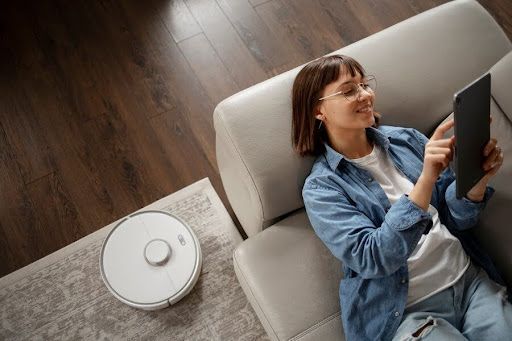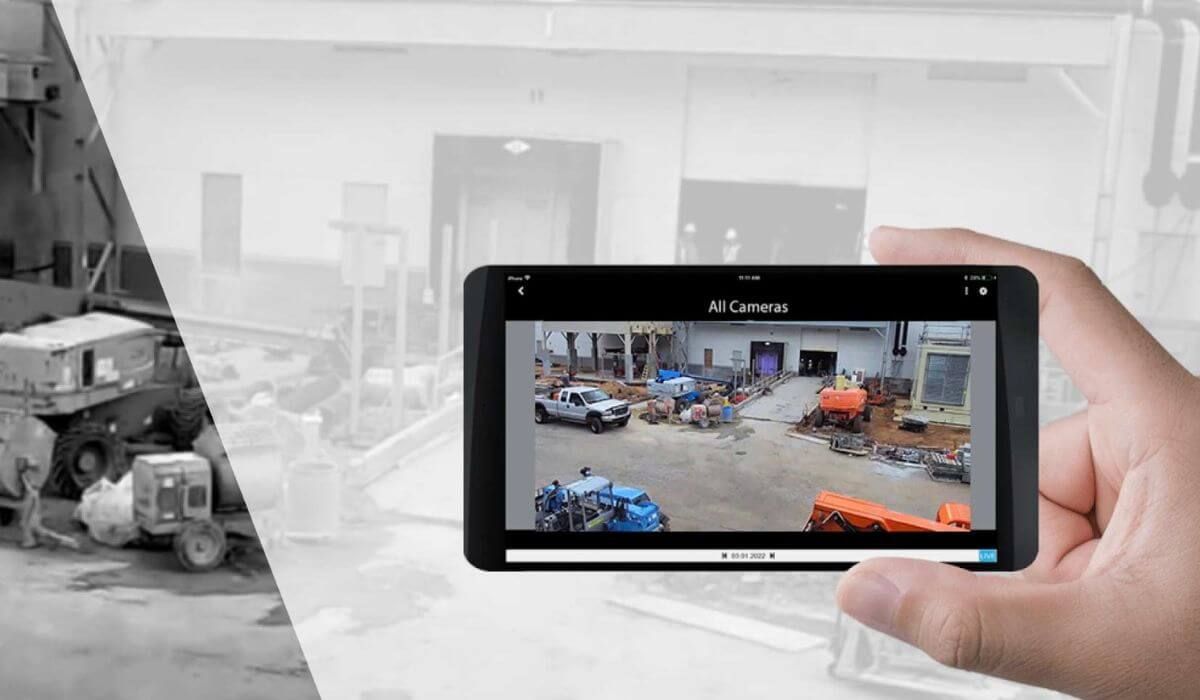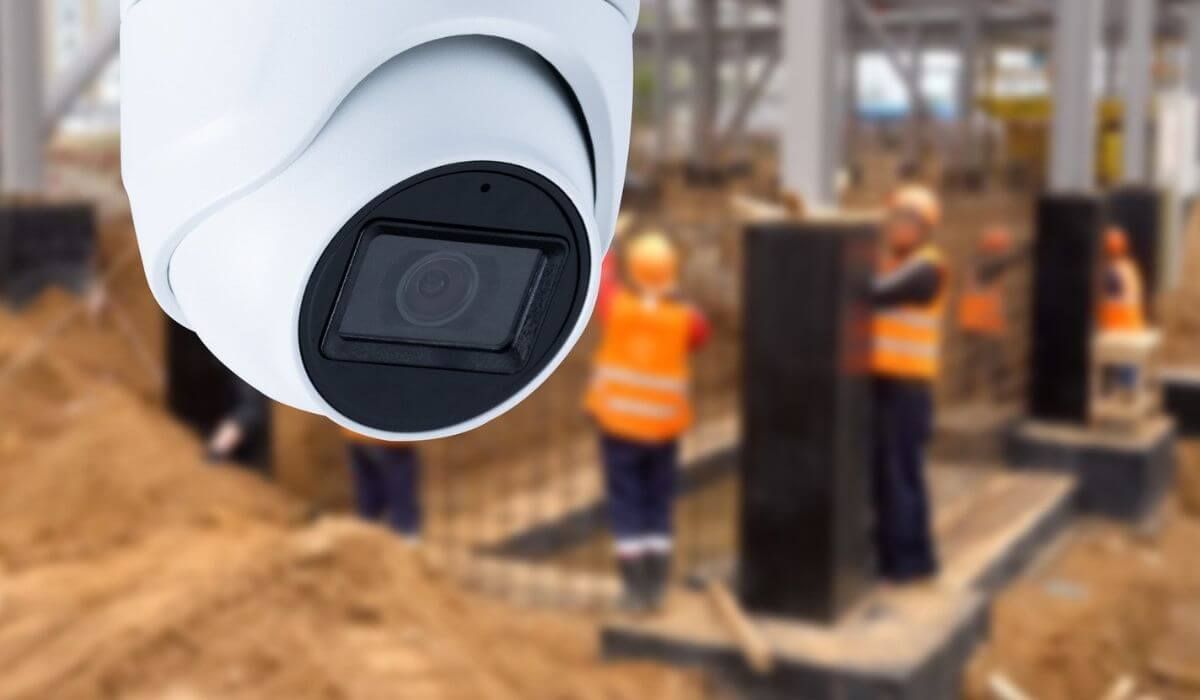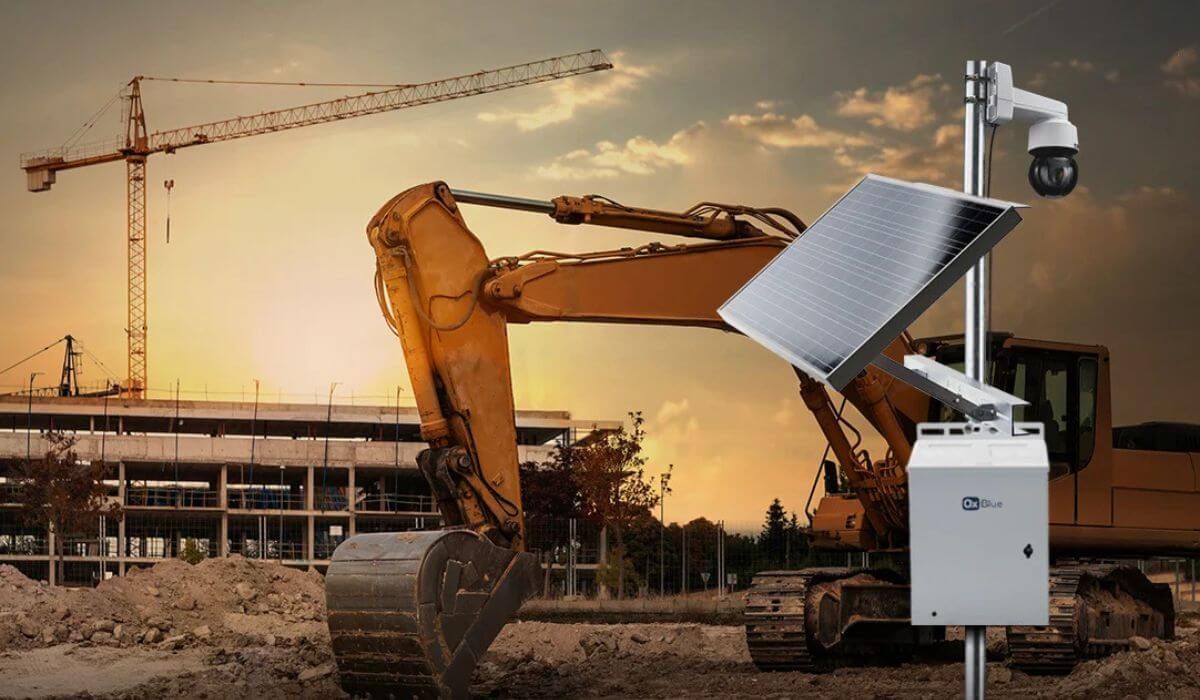Best Smart Home : Find the Perfect Fit for Your Home in 2024
In an era where convenience and efficiency are increasingly valued,
smart home platforms have become essential components of modern living. These platforms enable users to control lighting, heating, security, and other home systems with ease. However, finding the best smart home platform that balances
compatibility, ease of use, and security can be challenging. This guide will explore the top options available in 2024 to help you choose the perfect fit for your home and lifestyle.
Overview of Smart Home Platforms
What Defines a Smart Home Platform?
A
smart home platform is the centralized hub through which various
Internet of Things (IoT) devices interact, providing users with unified control over their home’s automation features. These platforms, unlike traditional automation, offer advanced capabilities such as
remote access, voice commands, and automated routines, allowing homeowners to manage everything from
energy efficiency to
home security seamlessly.
Evolution of Home Automation to Smart Platforms
Home automation started with simple systems, like programmable thermostats, but has now evolved into comprehensive platforms with IoT. Platforms like
Google Home, Amazon Alexa, and
Apple HomeKit have revolutionized the way people interact with their homes, making smart technology more accessible and capable of adapting to individual user preferences.
Comparing Top Smart Home Platforms
Google Home vs. Amazon Alexa
Google Home and Amazon Alexa dominate the smart home landscape. Here’s a breakdown of their features:
- User Interface: Google Home is known for its integration with Google services and natural-language processing, which often provides more accurate responses than Alexa. However, Amazon Alexa offers a wider range of third-party skills and integrations.
- Device Compatibility: Alexa supports a broader ecosystem of smart devices due to Amazon’s open developer environment, while Google Home excels with Google Nest products and offers compatibility with an expanding range of IoT devices.
- Voice Recognition: Both platforms provide strong voice recognition, but Google Assistant’s contextual understanding often results in more accurate responses, while Alexa has the edge in recognizing different voices to provide personalized responses.
Apple HomeKit Features
Apple’s HomeKit stands out for its emphasis on security and seamless integration with iOS devices. Unique aspects of HomeKit include:
- Security and Privacy: Apple places user privacy at the forefront, with end-to-end encryption for data transferred between HomeKit-enabled devices.
- Integration with iOS Ecosystem: HomeKit works exceptionally well with Apple devices like iPhones, iPads, and Apple Watches, making it a strong option for users committed to the Apple ecosystem.
- Exclusive Features: HomeKit Secure Video offers encrypted video recording for cameras, which is stored directly to iCloud, offering greater privacy protection than some other platforms.
Analyzing Platform Security
Security Measures and Privacy
Security is a major factor when choosing a smart home platform. Each platform offers unique security measures:
- Google Home: Google Home incorporates two-factor authentication (2FA) and provides advanced device permissions, allowing users control over data collection and third-party access.
- Amazon Alexa: Alexa offers options for voice identification and multi-user access, and users can view voice recordings to review and delete stored data.
- Apple HomeKit: Apple takes the lead in security, employing encryption on every device and restricting third-party access without explicit permission.
User Data Management and Safety
How platforms manage user data has become a focal point for consumers. Here’s how each platform stacks up:
- Google Home: Google Home devices collect usage data for improvements but allow users to adjust data-sharing settings. Google’s privacy settings allow users to delete data history as needed.
- Amazon Alexa: Amazon offers similar data management features, including voice history control and the ability to delete voice commands manually.
- Apple HomeKit: Apple’s stringent privacy policies mean that HomeKit devices don’t collect data unless absolutely necessary, making it the preferred choice for privacy-conscious users.
User Experience and Accessibility
Ease of Setup and Use
Setting up and managing a smart home should be accessible for everyone, regardless of their tech proficiency. Here’s how the platforms compare:
- Google Home: Google Home’s setup is straightforward, especially with Google devices, making it easy for non-tech users to connect and control multiple devices in the Google ecosystem.
- Amazon Alexa: Alexa’s setup process is also simple, particularly for users familiar with the Amazon Alexa app, which helps connect a range of devices through straightforward on-screen instructions.
- Apple HomeKit: HomeKit requires iOS devices for setup, but the process is intuitive and quick for Apple users, with added features like automated scenes and shortcuts to streamline day-to-day operations.
Support and Community Feedback
For ongoing support, each platform has options:
- Google Home: Google provides extensive online resources and an active community forum where users can find solutions to common issues.
- Amazon Alexa: Amazon’s Alexa support includes in-depth guides, troubleshooting articles, and community-driven forums. The Alexa community is known for addressing complex issues promptly.
- Apple HomeKit: HomeKit support includes Apple’s reliable customer service and an active online forum. The HomeKit community often shares helpful advice for those experiencing setup or compatibility challenges.
Conclusion
Choosing the right smart home platform can significantly impact your daily living experience, helping you streamline tasks and improve home security. Google Home, Amazon Alexa, and Apple HomeKit each offer unique benefits, with differences in security, compatibility, and ease of use. When deciding, consider your specific needs—whether that’s integration with iOS devices, privacy priorities, or extensive device compatibility.
Ready to Find the Perfect Smart Home Platform?
Are you eager to make your home smarter but unsure where to start? Dive into our in-depth guides and product comparisons to explore the best smart home platforms that suit your lifestyle. Whether you’re focused on security, ease of use, or device compatibility, we have expert insights to help you make the right choice.
Frequently Asked Questions about Smart Home Platforms
Which smart home platform is best for users who are not tech-savvy?
For users looking for simplicity,
Google Home and
Amazon Alexa offer user-friendly setups, with intuitive controls accessible through mobile apps. Google Home may have a slight advantage in voice recognition, while Alexa’s broader device compatibility is beneficial.
How do smart home platforms enhance home security?
Smart home platforms provide security features like
remote monitoring, automated locks, and video surveillance. With HomeKit Secure Video, Apple’s HomeKit is an excellent choice for privacy-focused users, while Google Home and Alexa also offer robust security options.
Can smart home platforms be integrated with existing home systems?
Yes, many
smart home platforms support integration with
existing security, lighting, and HVAC systems. Amazon Alexa has the widest compatibility, followed by Google Home, while Apple HomeKit supports integrations for iOS-compatible products.




